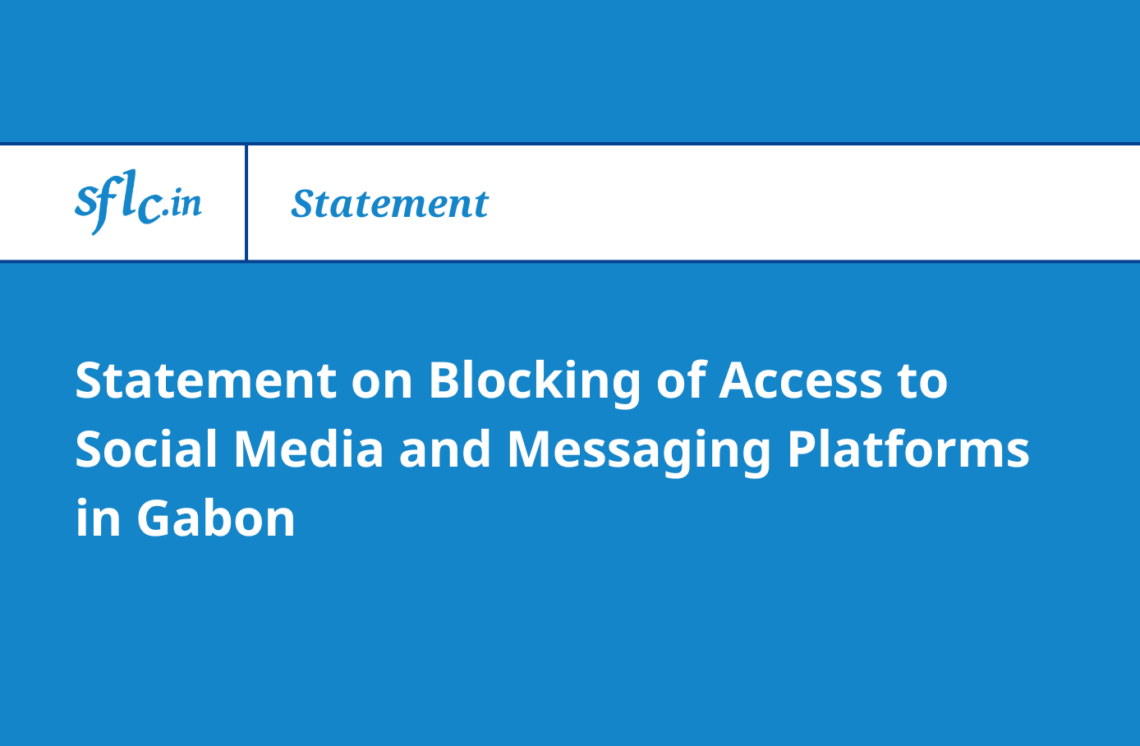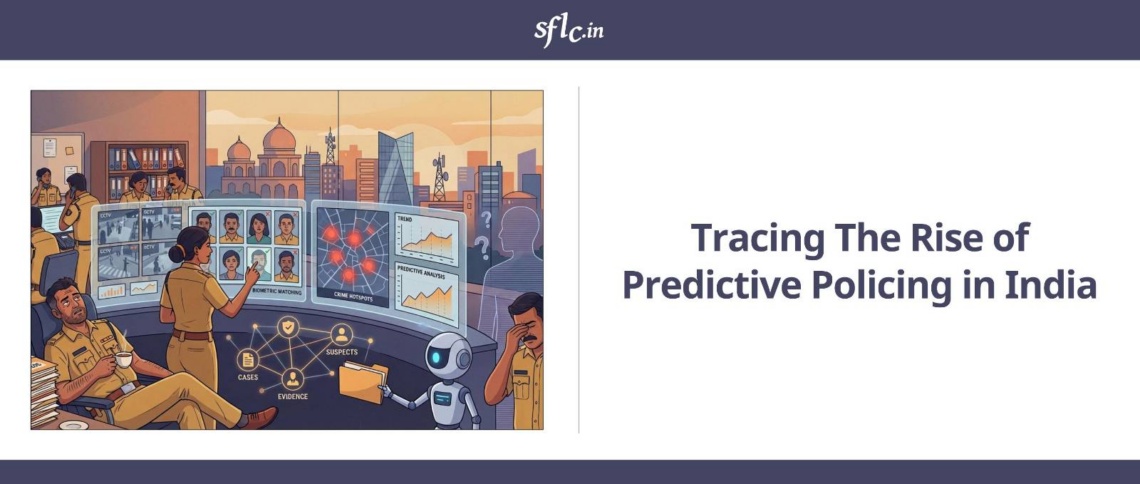On Day 27 of the final Aadhaar hearing, Additional Solicitor General, Mr. Tushar Mehta resumed his submissions for UIDAI.
He began by explaining that the argument that the Aadhaar act was made in violation of interim orders of the Supreme Court has already been refuted in the case of Binoy Visam v. Union of India (Aadhaar PAN linkage case) and reasserted that only the challenge to Article 21 is open with respect to Aadhaar as all other aspects have been dealt with in the Binoy Visam v. Union of India case. Mr. Mehta further explained that it has already been provided that Aadhaar linking with PAN will help curb money laundering, tax evasion and black money and therefore, this question was not open to challenge anymore.
With regard to the above, Mr. Mehta quoted paragraphs 103 and 104 of the Binoy Visam v. Union of India case which held that there was a rational nexus between Section 139AA of the Income Tax Act, 1961 and the object sought to be achieved and that such rationale nexus is a facet of proportionality. He further emphasized that biometrics will help prevent the growth of shell companies and then read out further portions of the Binoy Visam v. Union of India judgment on reasonable classification and mentioned that the balancing of interests is also a fact of proportionality which was propounded in the judgment of Modern Dental College v. State of Madhya Pradesh.
Mr. Mehta than quoted Aharon Barak’s (Israeli jurist) definition of proportionality which held there must be: (a) a public purpose; (b) a rational nexus; (c) a necessity of the measure; and (d) no other available alternative means. In this regard, he quoted paragraphs 124 and 125 of the Binoy Visam v. Union of India case which addressed the issue of whether Aadhaar PAN linking is in public interest and therefore satisfies the test of proportionality and reasonableness.
Mr. Mehta quoted portions of the Binoy Visam v. Union of India judgment which highlighted inequality and corruption in India that prevents benefits from reaching the rightful beneficiaries and stated that India is far behind in sustainable development when compared to China and other South Asian nations. He further mentioned that Aadhaar PAN linking will also help law enforcement agencies check terrorism.
Mr. Mehta then expressed his desire to answer the question on whether the entire population of a country can be treated as criminals for the purposes of Aadhaar and in this regard, quoted an American judgment which held that the screening of airline passengers was an administrative service undertaken to safeguard the larger public interest and not to treat everyone as a terrorist. To this point, J. Sikri stated that the facts of the American judgment cannot be compared to the facts in relation to the Aadhaar case. In reply, Mr. Mehta quoted additional American judgments on the fourth amendment to the American constitution (i.e. in relation to search and seizure).
J. Chandrachud also stated that he was not convinced about the relevance of the American cases quoted by Mr. Mehta for the Aadhaar case. In reply. Mr. Mehta stated that his intention was to show the court that whenever there is a statutorily allowed intrusion of privacy, it does not mean that there is a presumption of guilt. He further stated that no random scrutiny was being conducted in the name of Aadhaar and that the exercise of linking Aadhaar with bank and phone records was only being carried out to weed out fake/ duplicate profiles.
Next, Mr. Mehta stated that Rule 114B of the Income Tax Act requires quoting of PAN to file returns. An individual can easily evade taxes by saying that they do not have a PAN, he argued. Aadhaar-PAN linkage will prevent such tax evasion according to him. Mr. Mehta contended that a statutory measure should not be excessive with respect to the object it seeks to achieve and the court will not look into the legislature’s wisdom unless the measure is shockingly disproportionate to the object it seeks to achieve. He reiterated that the three prong test laid down in Puttaswamy judgment has already been applied, examined and recorded in Binoy Viswam. Mr. Mehta then quoted PUCL v. Union of India and said that if there’s a competition between right to privacy and the right to information of a citizen, the former has to be subordinated with the latter for the sake of larger public interest. He also cited the case of Narayan Dutt Tiwari v. Rohit Shekhar and X v. Hospital Z wherein it was held that privacy is not absolute and can be invaded if there’s a larger medical interest. Mr. Mehta also quoted from the Subramanian Swamy judgment on criminal defamation, “The fair needs of the society and the nature of social control has to be kept in mind when enforcing reasonable restrictions.” He then cited Om Kumar v. Union of India that held that limitations on fundamental rights are constitutional if the measures taken are necessary and proportional.
From the perspective of American jurisprudence, Mr. Mehta quoted the case of Vernonia School District 47J v. Acton and stated that the Fourth Amendment does not safeguard all expectations of privacy but only the ones that are reasonable. He then quoted James v UK in the context of property rights with respect to privacy and also said that the right to privacy in the European Convention of Human Rights is not absolute and can be curtailed for the purpose of national security. Justice Sikri disagreed and stated that the doctrine of proportionality in the context of property law is not relevant in the present case.
Citing the Puttaswamy judgment, Mr. Mehta mentioned that it is enough to show that the State has a legitimate interest in implementing Aadhaar and there’s no need to prove “compelling state interest.” He also asserted that the word “necessary” is not synonymous with “indispensable.” It only has to be proved that a particular action is necessary for the larger public interest. Mr. Mehta contended that if there’s an overwhelming public interest for undertaking a particular action, then there’s no need to apply the “least intrusive” test.
Mr. Mehta moved to his last contention on money laundering and stated that the Prevention of Money Laundering Act (PMLA) has become a stringent law since 2013 and the amended rules under PMLA mandate providing of Aadhaar to open a bank account. Mr. Mehta pointed out that money laundering and hawala transactions are matters of global concern. He quoted the Basel Committee report and said that many international organizations have formulated strategies to prevent money laundering. Justice Sikri interjected and said that there’s no doubt that money laudering is an issue but the question that needs to be answered is how Aadhaar will solve the problem. Mr. Mehta then explained the scheme of the PMLA and how it operates.
He will continue his submissions tomorrow (April 12).



